Revenue cycle Management
Revenue Cycle Management (RCM) helps healthcare providers improve staff performance and patient experience, optimize revenue, and avoid revenue leakage. RCM begins when a patient arranges an appointment and ends with the final collection of revenue for patient services. Providers can increase the amount and speed they are paid for their services.
Beyond only medical billing, revenue cycle management encompasses every aspect of a business's operations, including financial planning, patient intake, eligibility checks, service delivery, documentation, coding, charging, RCM billing app claims submission, denial management, auditing, and more.
Solutions for Managing the Revenue Cycle:
Establishing a streamlined and effective procedure is essential to successful rcm in medical billing. Different clinics may follow this process slightly differently, but fundamentally, these phases are the same. There are several of them, such as
Patients' demographic and insurance details can be gathered during scheduling. In this first phase of the revenue cycle, you can start collecting data that will be used later.
Before providing care, providers should check patient eligibility and obtain necessary authorizations to prevent overbilling. The patient is also informed of any financial responsibility they may have. If you want to ensure you get everything required, a verification checklist can help.
The revenue management process relies heavily on the quality of patient care and the satisfaction of paying customers. These two factors guarantee that people are pleased with the care they receive.
To be considered credible, medical records must be up-to-date, correct, comprehensive, and in line with regulatory requirements. Documentation of clinical data that payers may require is captured quickly and effectively with the aid of EMR templates, allowing physicians to meet these goals and expedite the revenue cycle process more effectively.
Efficient charge capture and charge entry, whether performed manually or with the help of software, guarantee that the documented services are converted into billable costs.
Accurate diagnosis and procedure coding are essential for adequate payment. Coders with extensive experience and understanding can streamline this procedure.
If claims are submitted promptly and thoroughly, they will generate the most money possible and cause minor delays. By submitting claims at the outset of the revenue cycle, medical rcm billing app solutions focusing on the patient encounter improve the practices' chances of receiving the full payment they are owed.
Once payment is received based on the patient's coverage and preexisting contracts with payers, the revenue cycle has been completed. Included are the patient's out-of-pocket costs for medical care.
A significant obstacle to a clinic's revenue is claim rejections. It is possible to promptly address denials and recoup revenue lost without a proper denial revenue cycle management app strategy.
The Healthcare Revenue Cycle: How Can It Be Enhanced?
Despite the difficulties above, the following factors significantly improve a company's revenue cycle:
In addition to growing the patient base and decreasing operating expenses, high-quality patient outcomes can boost income.
Employees and patients benefit from clear financial policies and processes that manage concerns like overdue bills. Pre-registration of patients and the prompt posting of charges are two of the many aspects of care emphasized in this policy.
The backbone of any successful clinic is its highly trained employees. Staff members range from the front- and back-desk administrators to clinicians and CPCs. Staff members must be competent in their roles, comprehend the revenue cycle, and know how they may contribute to its success.
A timely and error-free claim processing system is essential for medical practices to receive their due compensation.
Patient care, accuracy, automation of repetitive or tiresome activities, and staff productivity benefit from the intelligent and efficient application of technology solutions.
Hospital-related services
System expertise and collaboration with Allscripts Collapse:
We maximize your return on investment with Allscripts. Using a collaborative, specialized approach based on their partnership with Allscripts, they supply industry-leading material and carefully crafted methodologies. We provide knowledge of revenue cycle management app and a range of workforce options to manage business processes better, allowing us to match client goals better, boost delivery, and control costs.
Collapse Enhanced reporting and analytics:
We offer analytics to help with insurance and self-pay collections and open reporting on revenue cycle results and trends.
Customized options available to suit your requirements Collapse:
With a contingent risk-sharing fee model based on client achievement of metric targets and customized initiative-focused benefit calculations, Allscripts provides customers with a wide range of implementation support choices geared toward long-term sustainability.
Collapse Dedicated evaluation staff using a consistent methodology
Allscripts offers expertise from over 50 different study areas, including business and technology. Our team is dedicated to satisfying our customers, and we all benefit from our client's success.
Professional help for medical facilities
Professional Billing Experts Collapse:
Our role as a partner throughout the revenue cycle includes assisting with billing and coding to ensure accuracy. Professional account executives offer a wide range of services to boost your company's bottom line.Practice.
Best practices and efficient methods for collecting debts:
Our method encompasses the whole gamut of the revenue cycle, from initial strategy formulation through scheduling to collections and reporting.
Breakdown of a Reliable Technology Stack:
Our all-inclusive, rule-based engine expedites processes and increases productivity while reducing costs. An advanced analytics suite triggers actions that boost bottom-line results by spotting patterns and flaws in the revenue cycle. The technology also keeps a close eye on any problems that might arise with the business's financial or operational performance and takes fast action to fix them.
Analysis of the Revenue Cycle and Performance Management Fail:
To aid in making decisions that positively impact financial outcomes, a proprietary analytic toolset is used to spot patterns and provide details about the revenue cycle. The software tracks metrics like physician output, denial patterns, and industry standards.
Regulatory frameworks, payment structures, and technological advancements in the healthcare industry are all undergoing rapid evolution. These factors make it extremely difficult for healthcare facilities to remain financially stable. The difference between a struggling practice and one that thrives may often be traced back to its revenue cycle management healthcare strategy. Those businesses that automate where possible and streamline where essential have an advantage over their competitors, who are stuck in a rut of menial operations that need to produce the desired result (faster payments for services already provided).


